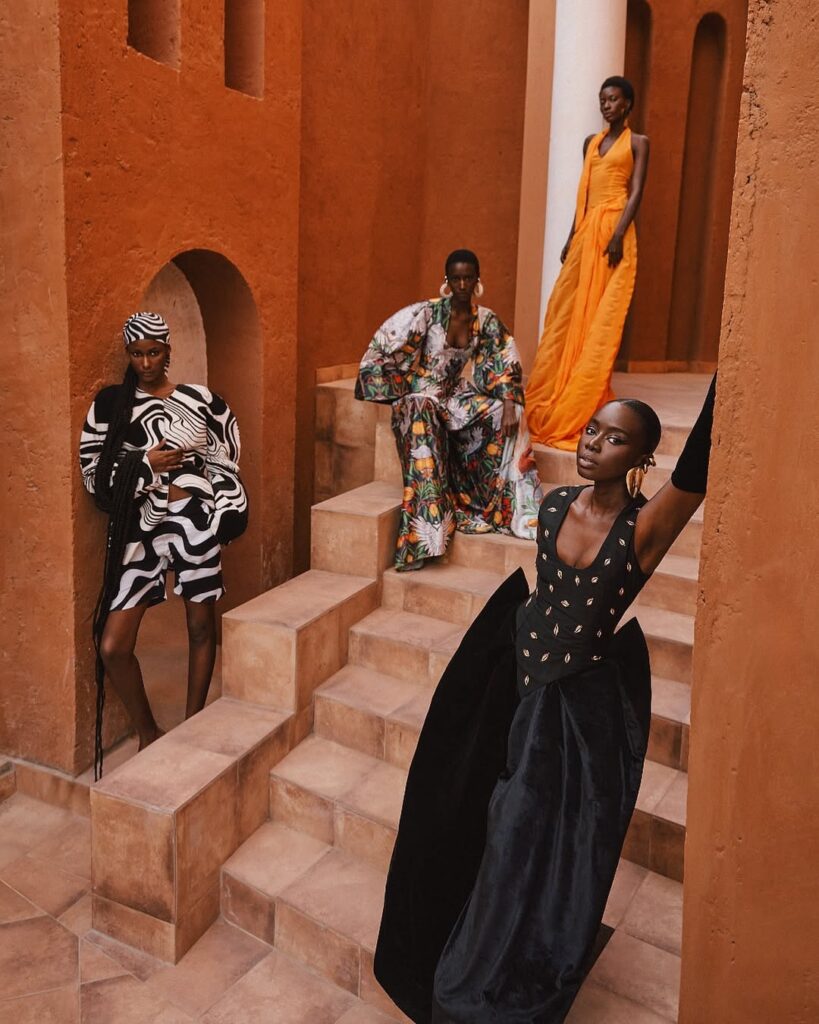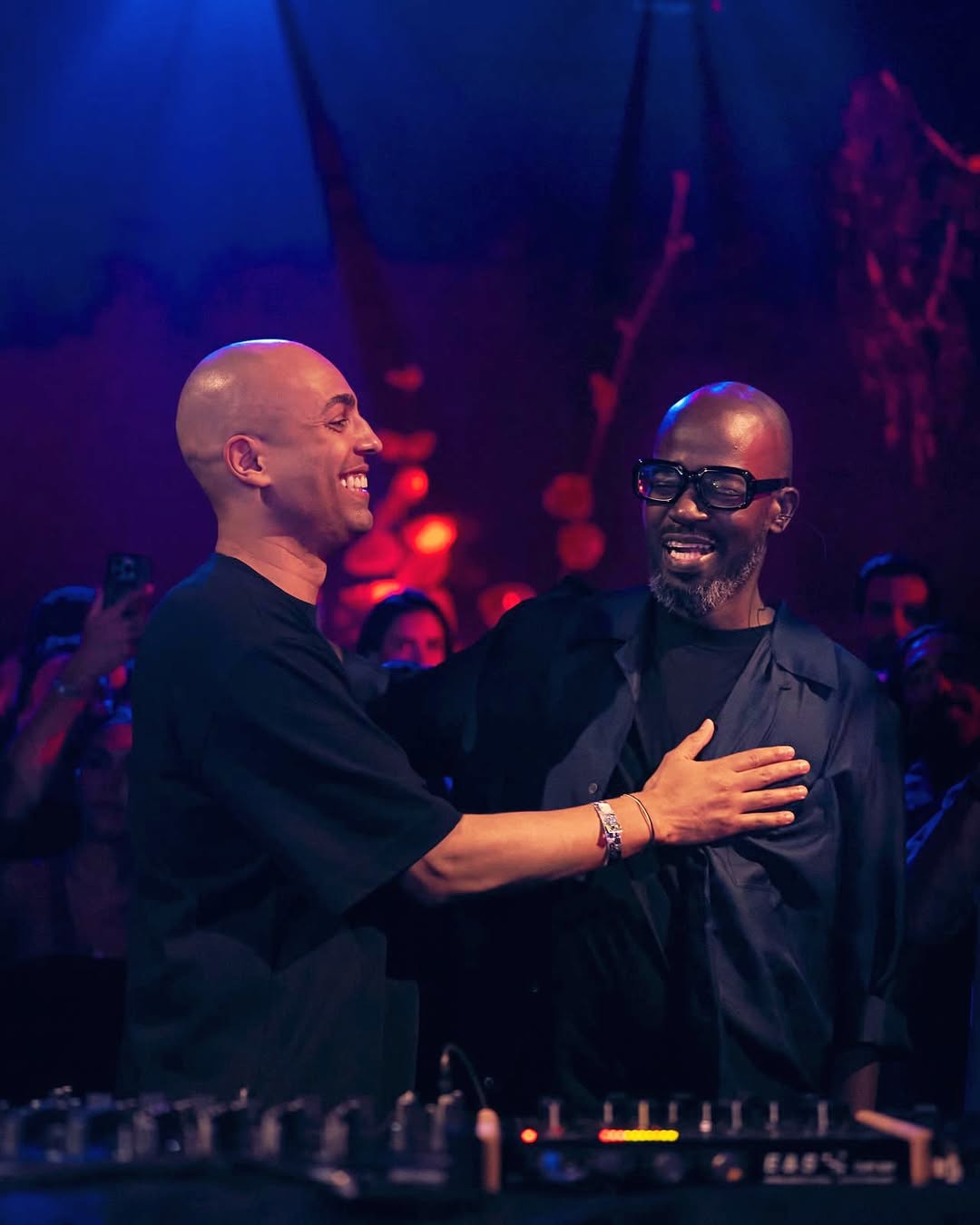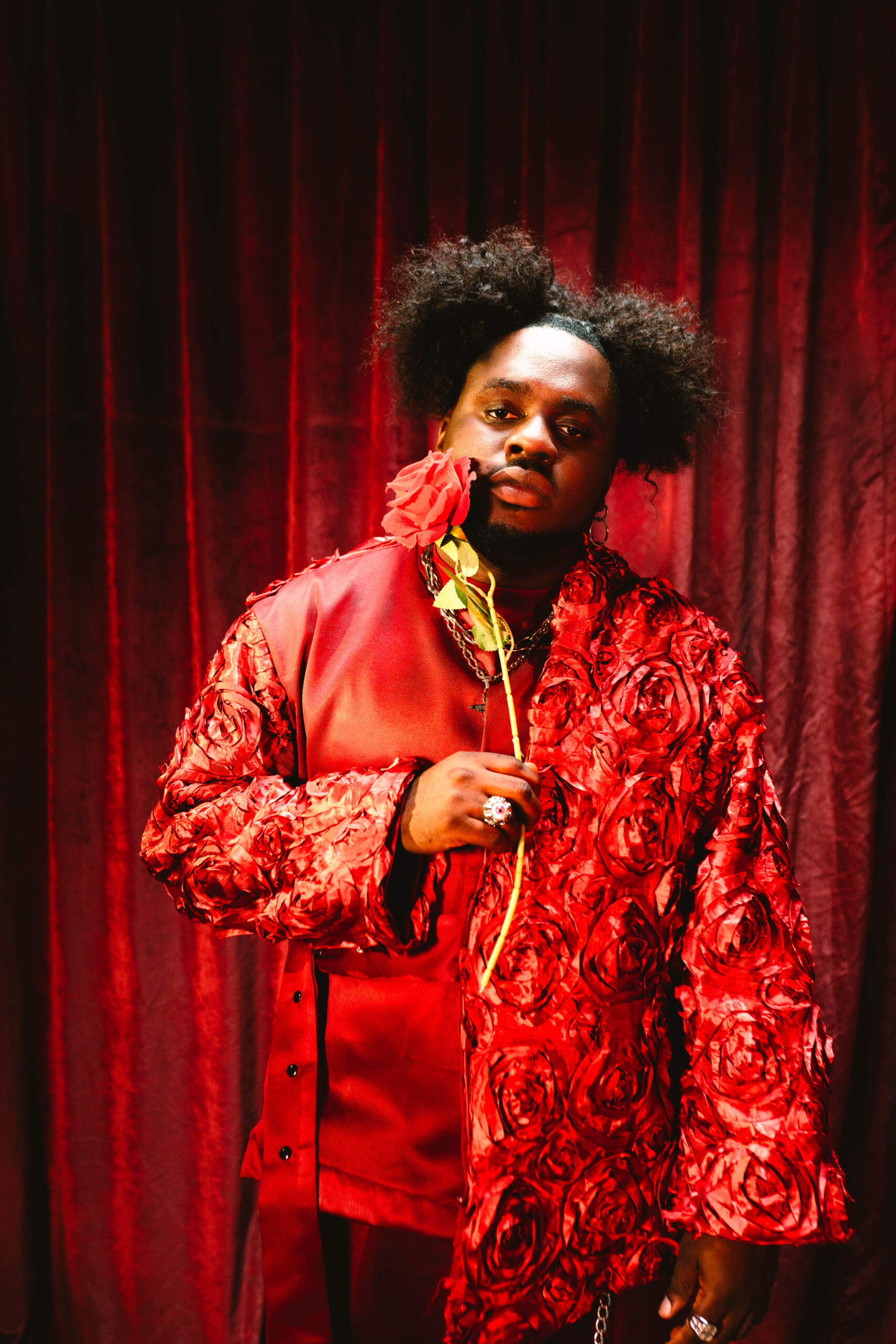Fashion has always had its constellations, Paris, Milan, New York, the North Stars around which the industry orbits. But from Dakar, Senegal, a brand has insisted on its place in the galaxy, radiant and unyielding. Its name is Tongoro, and its architect is Sarah Diouf, the designer redefining what African luxury means on the global stage.
Born in Paris, raised in Abidjan, and of Senegalese, Congolese, and Central African descent, Diouf is a designer whose very identity defies borders. She speaks fluently in multiplicity, and her work reflects that hybridity: flowing silhouettes that echo African kaftans yet move with modern ease, monochromes that recall iconic West African photography yet feel entirely contemporary.
But her story begins not on a runway, but in recovery. In 2008, after a Vespa accident left her immobilized, Diouf turned to blogging. What began as survival became a blueprint: platforms like Ghubar and Noir, early digital magazines that championed Black women and Arab-African creativity, taught her that fashion could be narrative. That it could tell stories ignored by mainstream gloss.
By 2016, she transformed that lesson into Tongoro. Built entirely in Dakar, the label sources fabrics locally and employs Senegalese artisans, insisting that every stitch should strengthen not only the garment but also the ecosystem around it. In a world where African textiles are often exported cheaply only to return as overpriced “luxury,” Tongoro is rebellion in ready-to-wear.

Her designs command space: wide-legged trousers that stride rather than tiptoe, dresses that float with the confidence of wind across desert plains. To wear Tongoro is to embody movement, fluid, free, and unapologetic.
And the world has noticed. Beyoncé wore Tongoro in Black Is King and again on her Renaissance stage, Naomi Campbell has carried it, Alicia Keys has performed in it, Iman has posed for it. Yet, Diouf shrugs at celebrity validation. For her, the triumph is not that Beyoncé wears Tongoro, but that Senegalese tailors crafted it. The win is not the applause from Vogue Paris, but the gaze of African women seeing themselves mirrored in and by luxury.
In 2020, Fast Company named Tongoro among its 50 Most Innovative Companies. But innovation, for Diouf, is not about disruption. It is about restoration, restoring value to African hands, restoring faith in local economies, restoring Africa’s right to design its own narrative.
In naming her brand Tongoro, which means “star” in Sango, Diouf was not simply christening a label. She was declaring a vision: that Africa’s future in fashion will not orbit the West’s imagination. It will shine, on its own terms, as constellation and center all at once.




